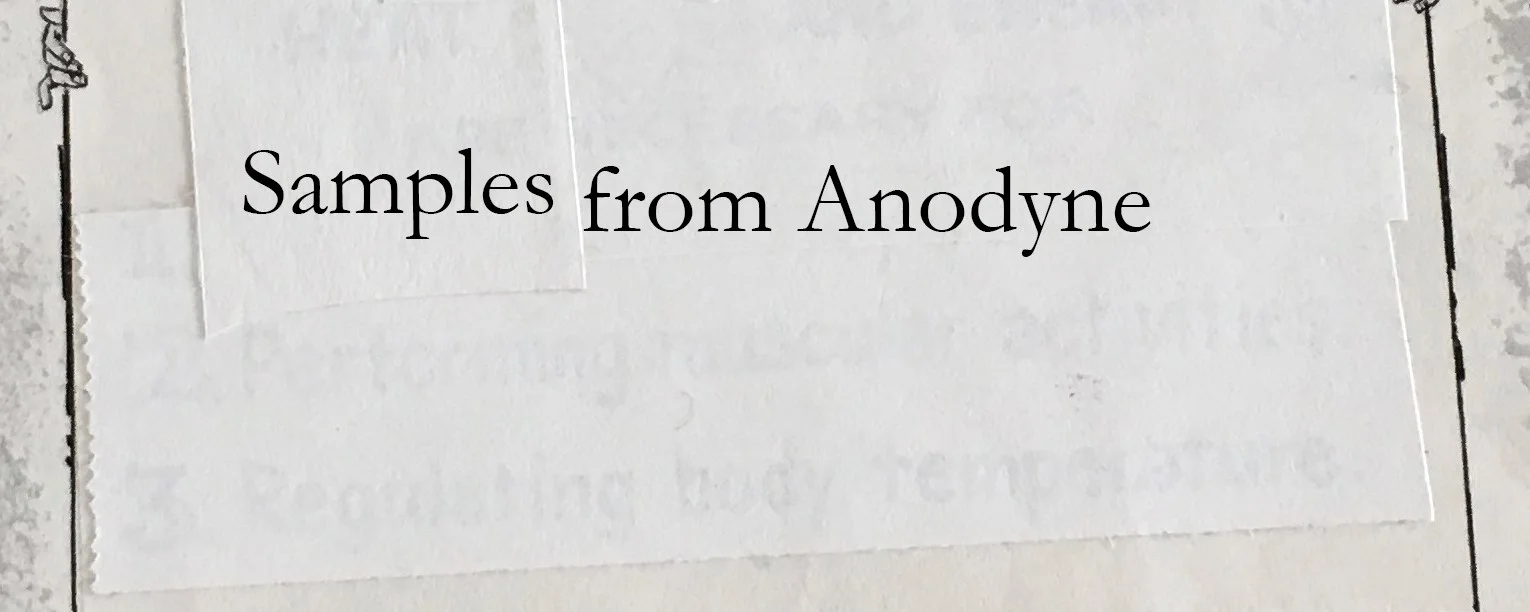by John R. Barner
Yōkai, in Japanese, means “ghost” or “apparition” and the distinction holds a particular pride of place in Japanese folklore and literary culture. The earliest beginnings of this project had to do with ghost stories, or telling stories with ghostly or supernatural elements in them. So the name fits, I suppose, but it is stripped of almost all the rich cultural history and color, reduced to its most literal sense. When I first started this project, I did not even know it would involve music but I remained committed to the idea of conceiving of one or more stories (written, recited, or performed) that had ghosts in them. And not just any ghosts, but particular ghosts that haunt us now. Before even starting, I had thought that the very idea of the ghost story was a tired one, lacking in color, creativity or anything I felt was unique or engaging. Everything seemed to have been done. For five months I mostly railed against what I saw represented in mainstream American and European popular culture around the idea of the ghost or ghost story. I re-read Poe, Hawthorne, James, Blackwood, Machen, Collins, Lovecraft, Doyle, Dickens, Shakespeare, and many other literary and dramatic representations. I watched films like Paranormal Activity and television series like Ghost Hunters—and still nothing felt right. Most often, I was left with versions of the same questions. Why was it, even in today’s modern conception of the ghost story, that the spirit in question either an unseen force of some kind, or some representative of a bygone era—the Victorian “woman in black” or avenging Civil War-era soldier? What would a ghost be like who had just become a ghost yesterday? Someone who surfed the Net, listened to Top 40 radio, and watched YouTube videos. I frequently asked myself if such questions were themselves silly and I more than once felt like The Maitlands, the young couple played by Alec Baldwin and Geena Davis in the 1988 film, Beetlejuice who are repeatedly chagrined to find their quotidian afterlife is never interesting or scary enough, in the traditional sense. Played for laughs in the film, I think it really says something about the Western conception of death and what lies beyond death that we, as a society, don’t really want to explore on some level, but are drawn to just the same. We want to be scared (and entertained by our fear, as it were) but we certainly don’t want to confront death on any level, therefore relegating the more frightening aspects always at some remove. For the Maitlands, it’s found in the more traditionally ghoulish and grotesque title character—for us it’s the invisible monsters, or the vestiges of the ancient, historical or unknown. It’s never us we should be afraid of. I think it was these persistent questions that finally led me to try to tell a series of ghost stories using only contemporary, mostly electronic, music and sounds. I reasoned this would, at least, be an attempt to answer the question. At the end of five months of research, I had three ideas, roughly sketched, and I started to work.

